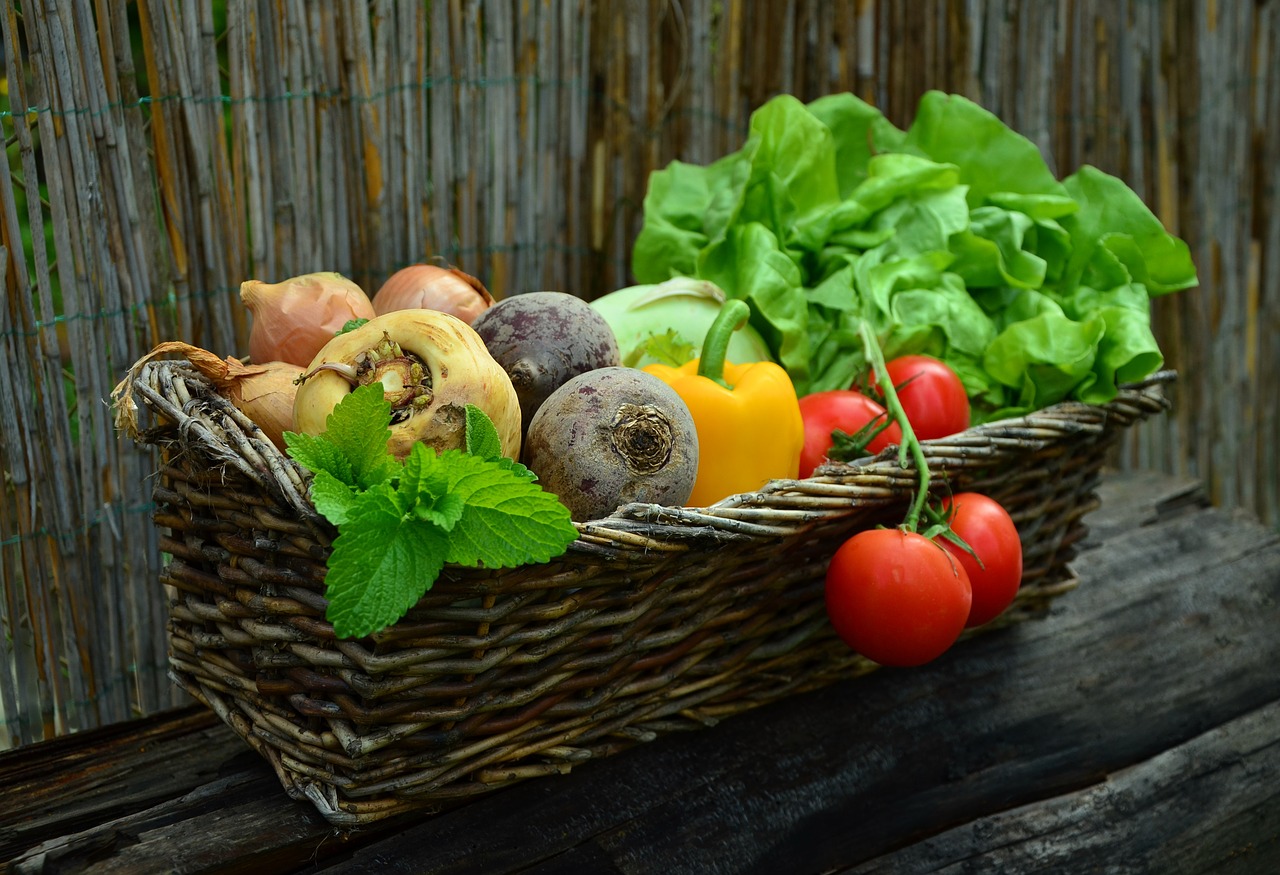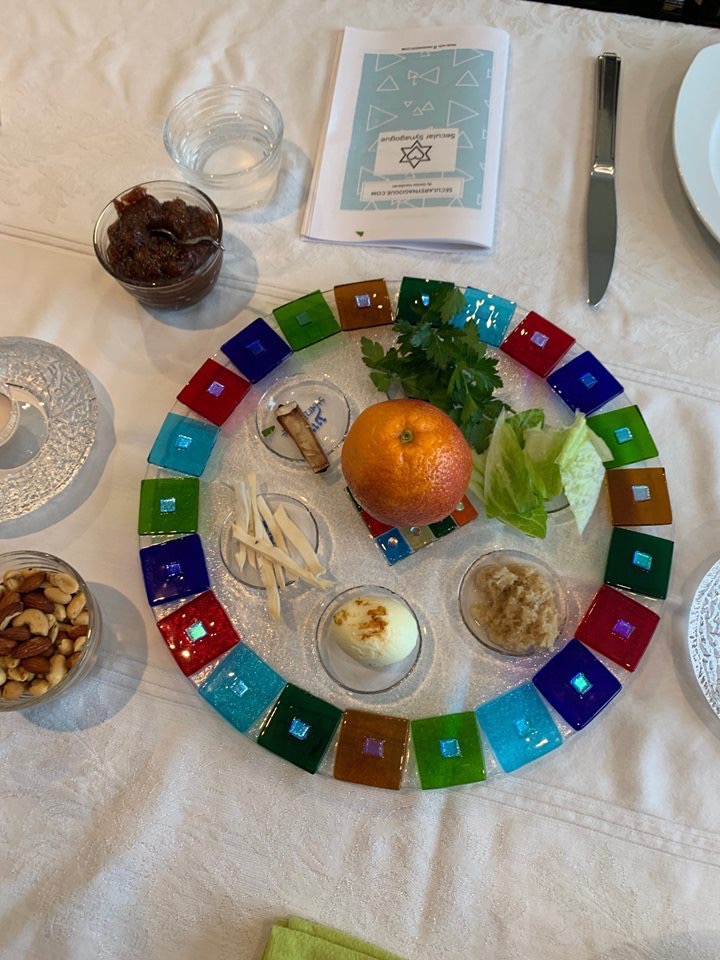During Passover many Jews avoid certain foods, most notably bread and anything that is leavened. We do this to remind ourselves of the Israelites who, the story goes, fled Egypt so fast their bread didn't have time to rise. Matzah, the resulting cracker-like bread, is the "bread of affiction." But Passover is a joyful holiday, unlike Yom Kippur when many Jews "afflict their souls" by fasting, Passover is not about deprivation. We avoid certain foods because in doing so we internalize the meaning of the holiday, literally and figuratively taking the story in.
Passover is all about freedom. This past weekend we marked not only the start of Passover, with the ritual and goings-on of the seder, but also Earth Day, with the rituals of park clean ups and letter writing campaigns. The two holidays work really nicely together: both happen in and are meant to mark springtime, both are about making the world better, both involve an element of resistance.
Just as the Israelites should not have had to fight so hard for Pharoah to let them go, we should not have to fight so hard for climate justice. But we do. Our current Pharoahs are political and business leaders who are not doing enough to reverse climate change. This should not be a partisan issue; we have but one world (no Planet B!) and it is ours to protect.
In Judaism we speak of Tikkun Olam, repairing the world, and that has never been more needed, literally, than right now.
So, I encourage you to keep the meaning of Passover relevant and relay it into action. In this e-blast there are several petitions you can sign, if you wish. If not that, then find the version of tikkun olam that works for you.
One thing all of us can do is to think of what we consume and how we consume it. If you are concerned about climate change, one of the most impactful things you can do is to eat less meat. I have been a vegan/vegetarian/pescatarian at different times (currently I eat a little bit of fish when it's sustainable) for the last 25 years.
I don't believe in prosthelytizing about vegetarianism any more than I do about Judaism. Having said that, I know a lot of us are concerned about the planet and want to make a difference. You don't need to be fully vegetarian to make a difference by consuming consciously.
Here is some information and ideas you can try that bring together vegetarianism and Judaism: https://www.jewishveg.org/what-you-can-do
Remember, the point isn't affliction/suffering. I want you to truly and deeply enjoy whatever food you're eating, including matzah. We need to sustain ourselves as we sustain our world.
Have a beautiful end to your Passover and Earth week!












